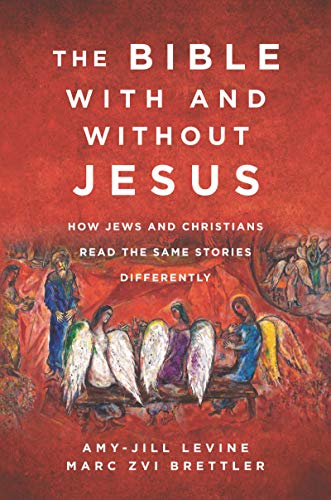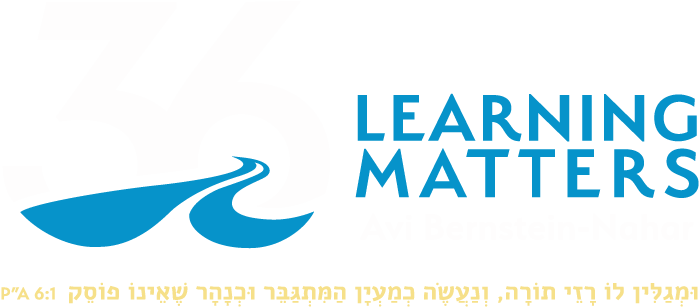
This course is designed for Christians and Jews to learn to adapt modern literary and theological approaches to studying the Hebrew Bible, and do so, at times, in each other’s presence and together. Given the history of polemics between the two communities, it should be said, our course objective is not to bring us to the same understanding; on the contrary, the objective is to create the conditions for us — across our religious differences — to appreciate the different and sometimes even radically divergent understandings to which we are heir as Christians and Jews, respectively.
- Think of the Book of Genesis, and the iconic tales set in the Garden of Eden, or the command to love thy neighbor so central to the Sermon on the Mount, and, based on Leviticus 19:18, also centered by the rabbinic tradition. Or consider any number of other passages, e.g. on the meaning of suffering, the significance of sacrifice, or the nature of prophecy: how do Jewish and Christian readings of these passages and their themes differ and do these differences derive from differences in how we read the sacred text, or emerge for other reasons?
- If we are translating and/or interpreting the same words, must one religious group be right and the other wrong?
- What can we learn about ourselves and the religious “other” by studying these texts together?
Approaching what Christians often call the Old Testament — and which, for practicing Jews, is also known as Torah or Teaching, and for Jews has not been rendered “old” by any successor text — we turn to two authors, Amy-Jill Levine and Marc Brettler, whose 2020 book, The Bible with and without Jesus How Jews and Christians read the Same Stories differently, will help orient and inform our discussion. The heart of the course, however, will call on us to become a community of students, reading and studying the words of our common stories, together.
Please acquire the Brettler and Levine text, as referenced above. Take care not to purchase the participant or leader guide, but rather the actual text (512 pages). Recommended: The Bible translation (Torah, Prophets, and Writings) by Robert Alter, although you can most certainly pursue this course without it.
This course is ONLINE except when noted. Anyone, regardless of geographic location, may participate in this course. See the FAQ for more details.
FORMAT: Meeting monthly, we will have a total of 7 sessions: 6 online Monday meetings, 6:30PM to 8:30PM, September 8, October 9*, November 3, December 1, January 12, February 2, and 1 Wrap-Up session, most likely based on in-person home hospitality, Thursday February 12, 6:30PM to 8:30PM. *October 9 is a Thursday as we cannot meet on a Monday in the month of October due to how Sukkot holidays fall. Please make the change on your calendar if you earlier recorded the 10/6 date. It had appeared here in error.
Biography
Avi Bernstein-Nahar is a renowned teacher of texts, religious, literary, and philosophical. He has taught thousands of adults across his 30 plus year career in adult learning, and has been consistently recognized for outstanding achievements in student engagement and learning design. During the last three years of his twelve year tenure as Executive Director of the Brandeis Osher Lifelong Learning Institute, he trained scores of graduate students in design-methods, providing an experience and outcomes that one participant called “transformative” for the teacher and student alike. Today, Avi is a visiting scholar at Brandeis University, Department of Near Eastern and Judaic Studies, a member of the Hebrew College “Tamid” Faculty, and founder and principal of 36 LEARNING MATTERS, and adult Jewish learning practice. He is the author of “In the Name of a Narrative Education: Hermann Cohen and Historicism Revisited,” among other essays.
